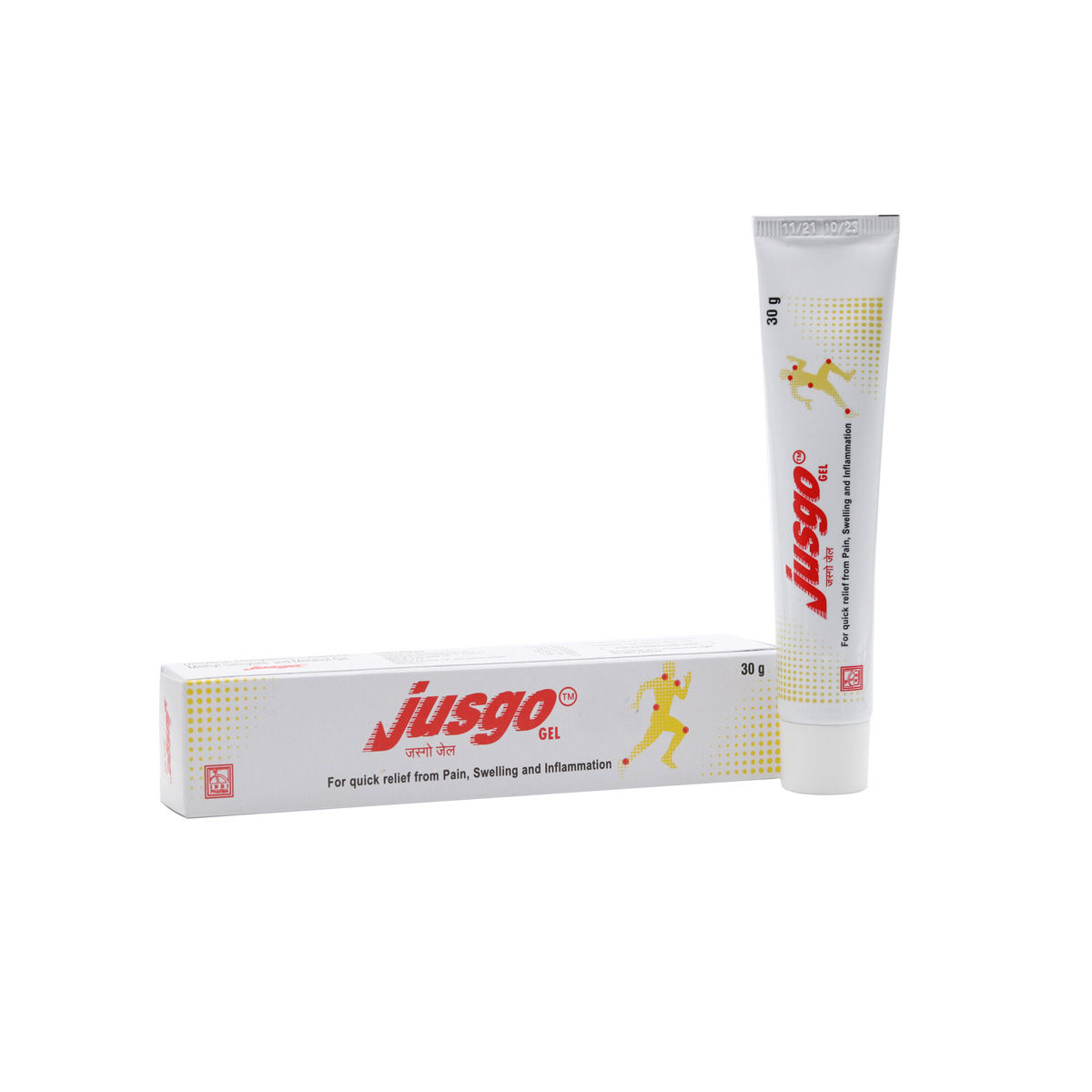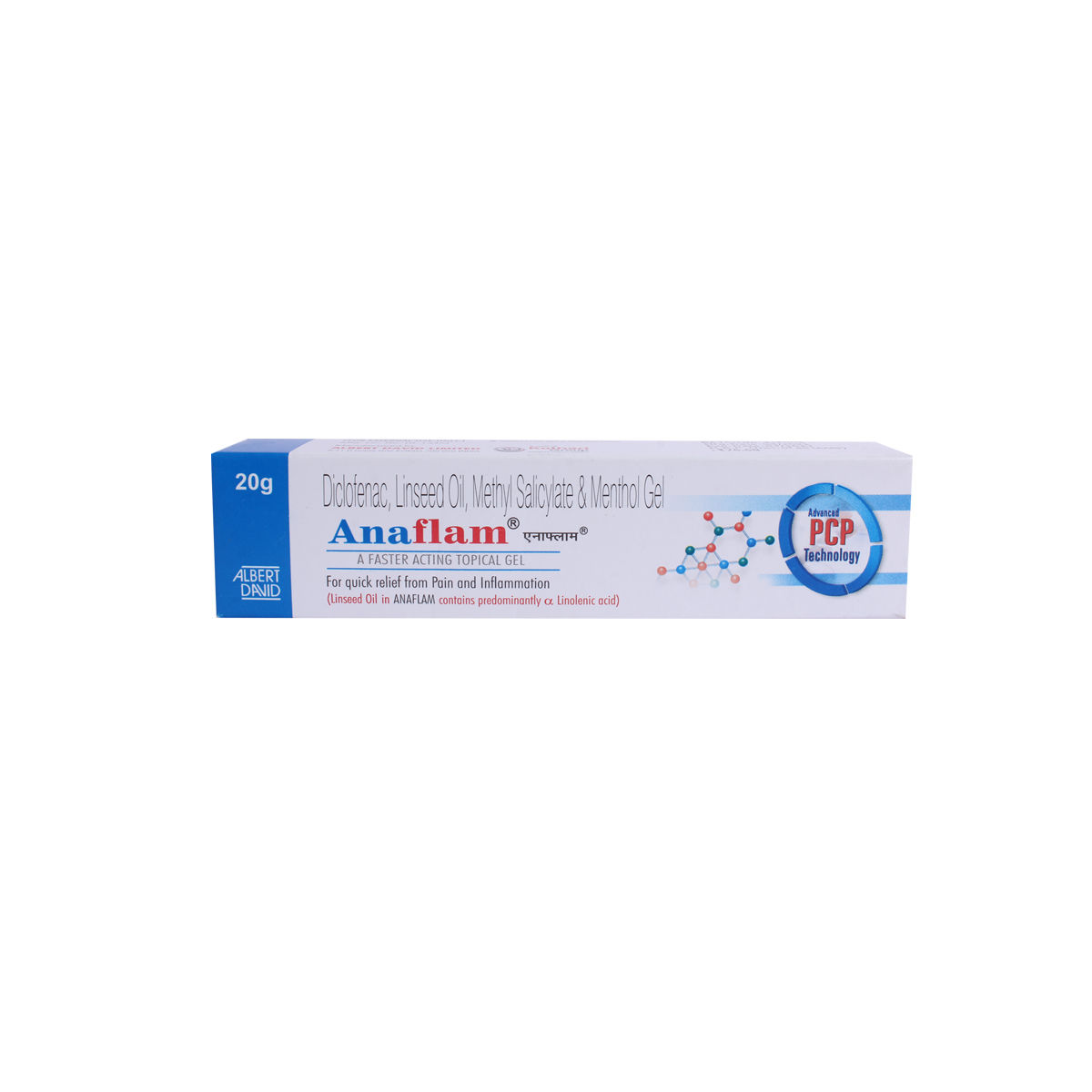Fenacin Gel 30 gm
₹81*
MRP ₹90
10% off
₹76.5*
MRP ₹90
15% CB
₹13.5 cashback(15%)
Free Delivery
With Circle membership
(Inclusive of all Taxes)
This offer price is valid on orders above ₹800. Apply coupon PHARMA10/PHARMA18 (excluding restricted items)
Know Your Delivery Time
Provide Delivery Location

Available Offers

Secure Payment

India's Most Trusted Pharmacy

Genuine Products
Manufacturer/Marketer :
Consume Type :
Return Policy :
Expires on or after :
About Fenacin Gel
Fenacin Gel is used to relieve acute musculoskeletal pain and pain of osteoarthritis of joints. It reduces pain, swelling, and joint stiffness, thereby improving your ability to move and flex the joint.
Fenacin Gel contains Diclofenac and Methyl salicylate (as a pain killer), Linseed oil (as an anti-inflammatory), and Menthol (as a cooling agent). Fenacin Gel works by first cooling the skin and then warming it up, which interferes with the pain signal transmission through nerves. Together Fenacin Gel works by blocking the release of chemical messengers that causes pain and inflammation with redness and swelling.
Fenacin Gel should only be used if advised by your doctor. Fenacin Gel should be used for skin only, and accidentally if it gets into your eye, mouth, or nose, rinse with water. Fenacin Gel should be applied to the affected area with a piece of clean cotton wool or gauze swab. Fenacin Gel should not be applied more than the recommended dose to avoid unpleasant side effects. Some common side effects of Fenacin Gel are burning, itching, redness, stinging, and dryness on your skin in the place where Fenacin Gel is applied. These side effects are usually mild and short-lived. However, if the side effects are persistent, reach out to your doctor.
Fenacin Gel is contraindicated in children below two years of age. Besides this, caution must be exercised when older children (2-12 years) are treated. Children affected with viral flu, chickenpox, or viral fever should avoid using Fenacin Gel as it contains methyl salicylate may induce Reyes Syndrome (swelling in the liver and brain).
Uses of Fenacin Gel
Directions for Use
Medicinal Benefits
Fenacin Gel contains Diclofenac and Methyl salicylate (as a pain killer), Linseed oil (as an anti-inflammatory), and Menthol (as a cooling agent). Fenacin Gel works by first cooling the skin and warming it up, interfering with the pain signal transmission through nerves. Together Fenacin Gel works by blocking the release of chemical messengers that causes pain and inflammation with redness and swelling.
How Fenacin Gel Works
Storage
Side Effects of Fenacin Gel
- Skin irritation
- Contact dermatitis
- Rash
- Itching
- Redness
- Swelling
- Burning or stinging sensation
What if I have taken an overdose of Fenacin Gel
Drug Warnings
Before using Fenacin Gel, tell your doctor if you are allergic to Fenacin Gel other pain killers (like ibuprofen, naproxen, celecoxib) or if you have any other allergies. Use of Fenacin Gel is contraindicated in the people who have asthma, liver disease, kidney disease, stomach/intestine problems (bleeding, ulcers, Crohn's disease), cardiovascular diseases (heart attack, high blood pressure, stroke), swelling (oedema, fluid retention), blood disorders (such as anaemia), bleeding/clotting problems. Fenacin Gel should not be given to children less than 2 years of age. The use of Fenacin Gel should be done with caution in the elderly as they have a high risk of kidney damage and gastrointestinal bleeding.
Habit Forming
Therapeutic Class
Fenacin Gel Substitute

Sumo Gel 30 gm
₹4.40per tabletSumo Gel 75 gm
by AYUR
₹3.00per tabletJusgo Gel 30 gm
₹4.64per tabletOMNI HOT GEL 30GM
₹3.15per tabletIntagesic Gel 30 gm
₹3.36per tablet
Product Substitutes
Alcohol
Caution
It is best to avoid alcohol while using the medication as its use with Fenacin Gel might increase the chance of gastrointestinal bleeding.
Pregnancy
Safe if prescribed
It is advisable to consult a doctor before using it.
Breast Feeding
Safe if prescribed
Safety for use of Fenacin Gel in lactation is not known, hence its benefit should be weighed against the possible risks to the mother and child.
Driving
Safe if prescribed
Fenacin Gel has no or negligible influence on the ability to drive or use machines.
Liver
Safe if prescribed
Fenacin Gel does not have any reported interaction. However, in severe liver diseases, the lowest effective dose should be used for the shortest duration possible.
Kidney
Caution
No information is available on the efficacy and safety of Fenacin Gel in patients with advanced kidney disease. Hence, treatment with Fenacin Gel is not recommended in patients with advanced kidney disease. If Fenacin Gel is used in this case then, close monitoring of the patient's kidney function is advisable.
Children
Caution
Fenacin Gel is contraindicated in infants below 2 years of age. Please consult your doctor for advice before using Fenacin Gel.
FAQs
Country of origin
Manufacturer/Marketer address
Disclaimer
Author Details
We provide you with authentic, trustworthy and relevant information
























